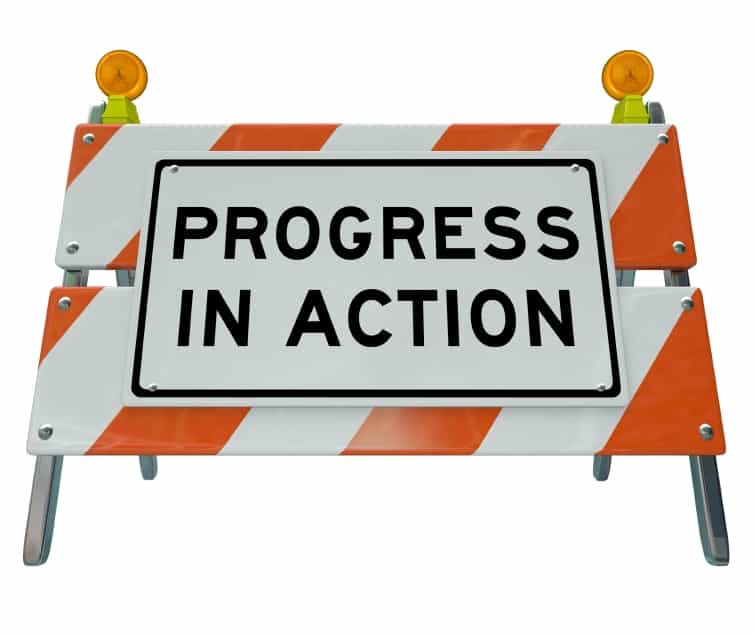In July 2010, Prime Minister Julia Gillard mentioned OHS harmonisation in an election debate. She said that OHS harmonisation was one of her achievements but less than two years later, at the Australian Council of Trade Union (ACTU) Congress, there is no mention of harmonisation in her speech. The only mention of safety was in terms of truck drivers:
“And we’ve moved to protect the rights of cleaners. We’ve moved to improve the laws for outworkers. We’ve moved so that a truck-driving cabin being a workplace […] can be a safer workplace, so that truck driver gets back home that evening.”
The Prime Minister audience was trade unionists and perhaps they need motivation and support and acknowledgement for their efforts in difficult economic and political times but there is a big move from harmonising the OHS laws across a country to determining a truck cabin as a workplace (which it has been for decades in some States).
The 2012 ACTU Congress included industrial manslaughter on its agenda. Its OHS and Rehabilitation policy stated:
“Congress affirms that industrial manslaughter should be an offence under occupational health and safety legislation or other legislation as most appropriate. The elements of the offence should be: A worker dies in the course of employment or at a place of work or is injured or contracts a disease, injury or illness in the course of employment and later dies; The conduct (by way of act or omission) of a person caused the death, injury or illness; and The person was reckless or negligent about causing serious harm or death to the worker.”
Industrial manslaughter seems a poisoned political concept but it remains a potential motivator in Australia even though it is a reality in the UK. Without motivation from the Prime Minister, other issues will fill the void.

